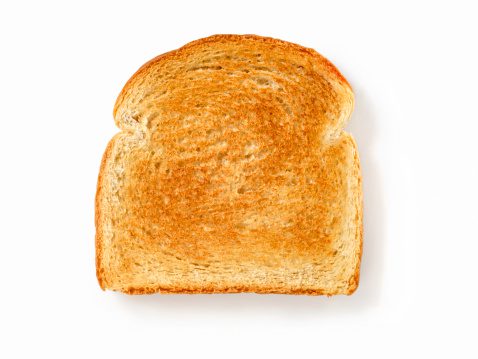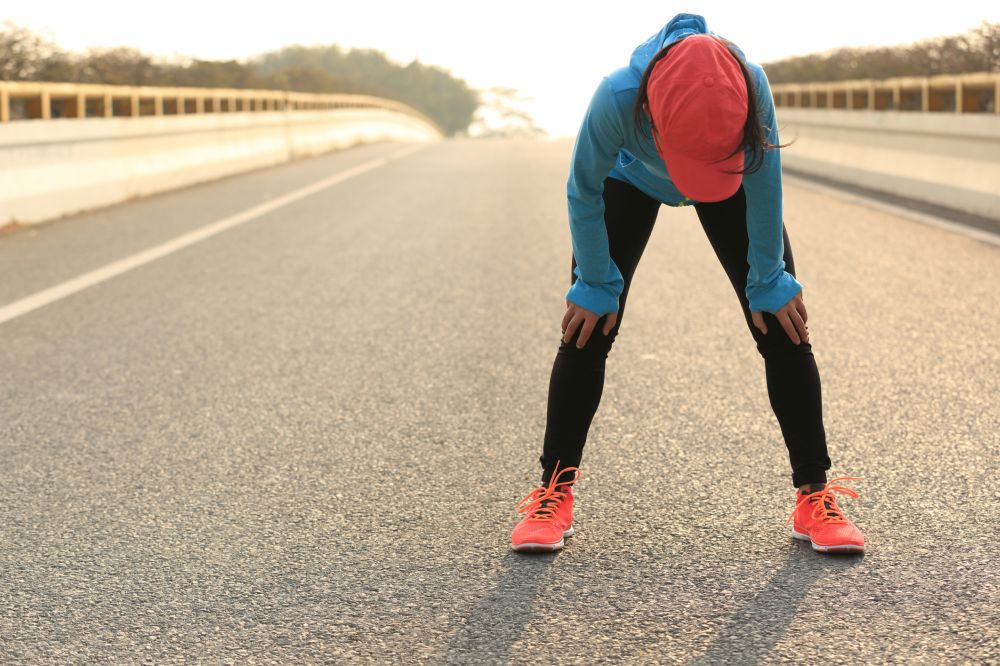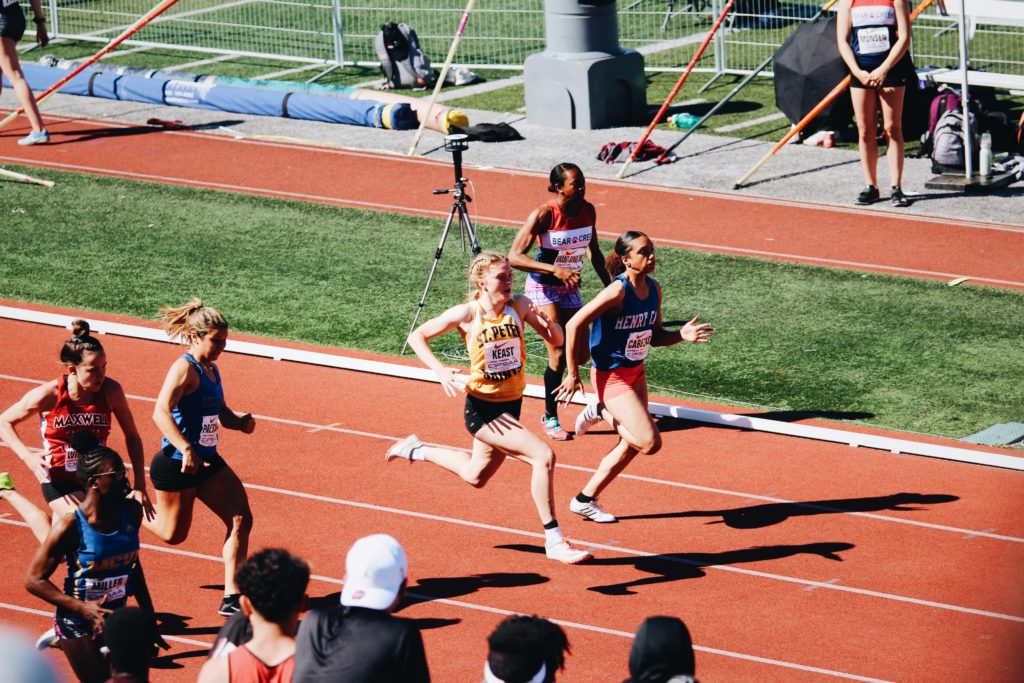Canadian dietitian sees uptick in eating disorders since COVID-19
Jen Sygo has seen more people develop eating disorders since COVID-19; here's how she thinks it happened

The COVID-19 pandemic, besides affecting the physical health of thousands of Canadians (and killing more than 9,600), has taken on a toll on the mental health of many – runners and non-runners alike. While eating disorders aren’t always recognized by the public as a mental illness, they’re recognized in the DSM V (Diagnostic and Statistical Manual of Mental Disorders), and many medical professionals have reported an increase in their incidence. Jennifer Sygo, a registered dietitian and runner who works with Athletics Canada, among other sporting organizations, says that since the pandemic, she’s seen a significant uptick in eating disorders and disordered eating in her clients.
She believes this has been triggered by worries about weight gain due to time away from organized sport. She says, “Between anxiety associated with COVID and a change in activity levels, there’s been an uptick in mental health issues. Those mental health issues can manifest in dieting.”
RELATED: Signs you may be dealing with a nutrient deficiency
Ok, new observation: I'm seeing an increasing number of teens, youth, & athletes with eating disorders & disordered eating triggered by experimenting with intermittent fasting. Many (not all) started fasting during COVID as a way to control weight when away from sport.
— Jennifer Sygo (@JenniferSygo) October 6, 2020
Sygo continues, “What happened with COVID is that a lot of people who were active before, whether that be in high-performance sport or as a gym-goer, couldn’t participate in their sport in the same capacity as before. Due to this, people started adjusting their diet. If they were body-conscious to begin with, this change in activity bred a lot of anxiety.”
A change in routine
Runners certainly fared better than others in terms of access to their sport. We were able to hit the road or trails and get a run in. However, even though we could go for a workout, many runners didn’t have access to cross-training, therapy, or a gym, meaning that they couldn’t exercise as much as they would normally. Sygo thinks that when people couldn’t be as active as before, they tried to control their diets.
RELATED: Amid a pandemic, seniors are exercising more than ever, study finds

Younger people finding it harder to return to previous activity levels
A recent study found that while seniors are exercising more than ever, most young people have had a hard time returning to their previously held exercise routines. According to this study, people aged 24-35 saw the biggest rise and fall between January 22 and June 17, with many users in this age bracket removing exercise from their schedule completely.
Intermittent fasting to lose weight
The diet Sygo has seen most often in her practice recently is intermittent fasting, a popular diet that restricts eating hours to a certain window a day (usually eight hours of eating time). It’s not supposed to restrict caloric intake, just the hours you allow yourself to eat. Sygo thinks people choose this diet because it’s got some research behind it. “This is a popular diet and has a certain legitimacy about it. For example, fasted workouts are becoming trendy and prolonged fasting is gaining traction. Intermittent fasting is also used to help people manage diabetes with some success.”

While Sygo acknowledges this diet can help recreationally competitive adults who have a good relationship with food and are seeking professional help, it shouldn’t be adopted by young runners, especially without professional guidance. “There are grown-up people who have a really balanced approach to their food intake, and it can be used effectively by them. But the information about intermittent fasting is being consumed by people of all ages and backgrounds when it comes to their mental health and food relationships.” Without proper guidance, intermittent fasting can quickly complicate a person’s relationship with food and lead to an eating disorder or disordered eating.
Sygo saw athletes experiment with intermittent fasting before COVID, but now it has become much more common. “Those who started fasting specifically to control weight during COVID are having a hard time letting go of it. For elite runners, fasting is not conducive to the best workout quality. Conducting a workout in a fasted state doesn’t allow someone to train as hard or as long as they can if they’ve eaten something.”
Sygo feels that the occasional easy run in a fasted state is fine, but she would never recommend this diet to a young runner or someone trying to be competitive.


